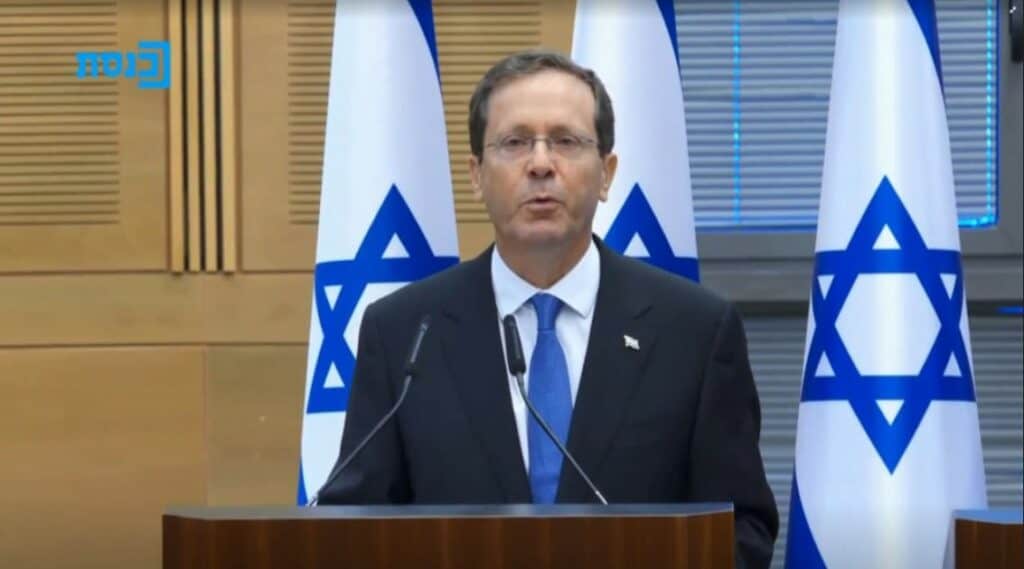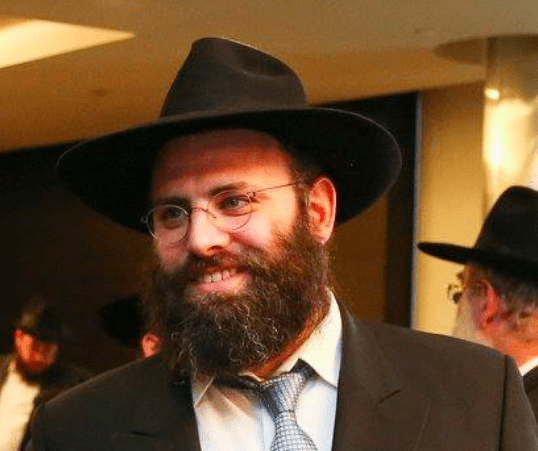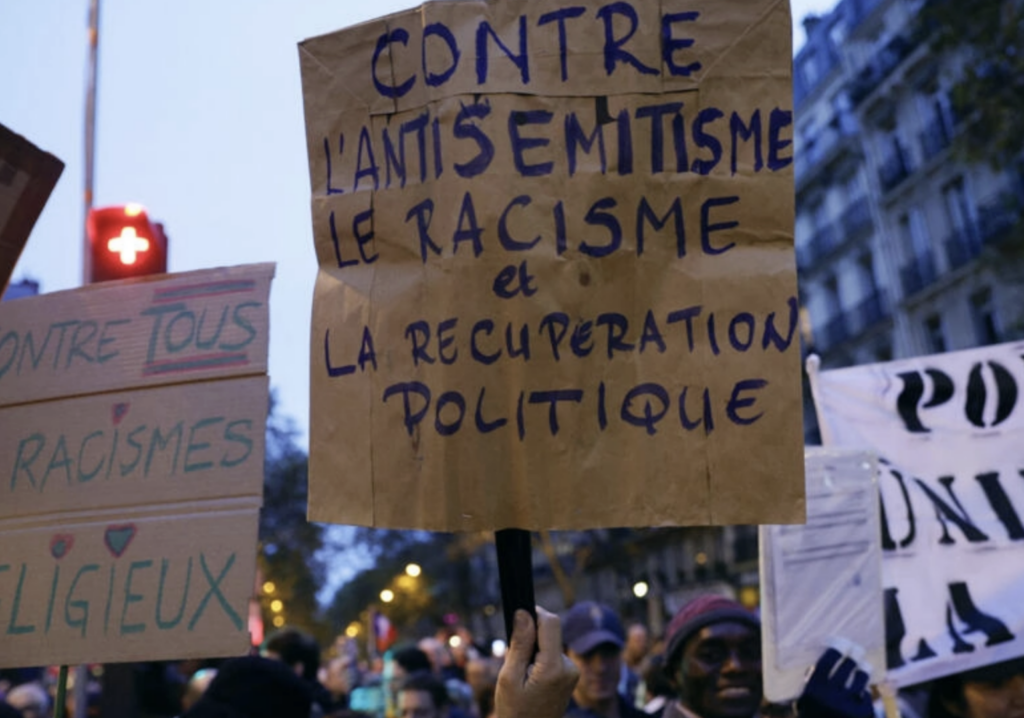France24: https://www.france24.com/en/europe/20240125-anti-semitic-acts-nearly-quadrupled-last-year-in-france-says-jewish-organisation
Anti-Semitic acts in France nearly quadrupled in 2023 compared with the previous year, a Jewish organisation said Wednesday, reflecting a surge in discrimination since the October 7 attack by Hamas on Israel.
Citing figures from the French interior ministry and a French-Jewish security watchdog, the Council of Jewish Institutions in France (CRIF) said there were 1,676 anti-Semitic acts last year compared to 436 the year prior.
Nearly 60 percent of those acts were attacks involving physical violence, threatening words or menacing gestures, CRIF said in its report.
Worryingly, nearly 13 percent of anti-Semitic acts last year took place in schools, most of them in junior high schools.
“We are witnessing a rejuvenation of the perpetrators of anti-Semitic acts. Schools are no longer a sanctuary of the Republic,” the report said.
The spike in anti-Semitism is the worst on record, according to CRIF, which has figures dating back to 2012.
Read moreFrench Jews speak out amid rising anti-Semitism
The organisation cautioned that its tally reflects only acts “that have been the subject of a complaint or a report to the police”.
France is home to Europe’s largest Jewish community and the largest number of Muslims on the continent, although no precise figures are available as the country’s census does not include religious identity.
According to CRIF, the bloodshed in the Middle East has unleashed a wave of anti-Semitic vitriol.
Read moreFrance’s Jewish community faces a surge in anti-Semitism
In the three months following Hamas’ October 7 attack and Israel’s subsequent invasion of Gaza, the number of anti-Semitic incidents “equalled that of the previous three years combined”, according to the report.
A third of the acts glorified jihadism, according to CRIF, and a quarter were “calls to murder”.
France has seen previous surges of anti-Semitism, including after a 2012 attack on a Jewish school in Toulouse and a 2015 attack on a kosher supermarket in Paris.













